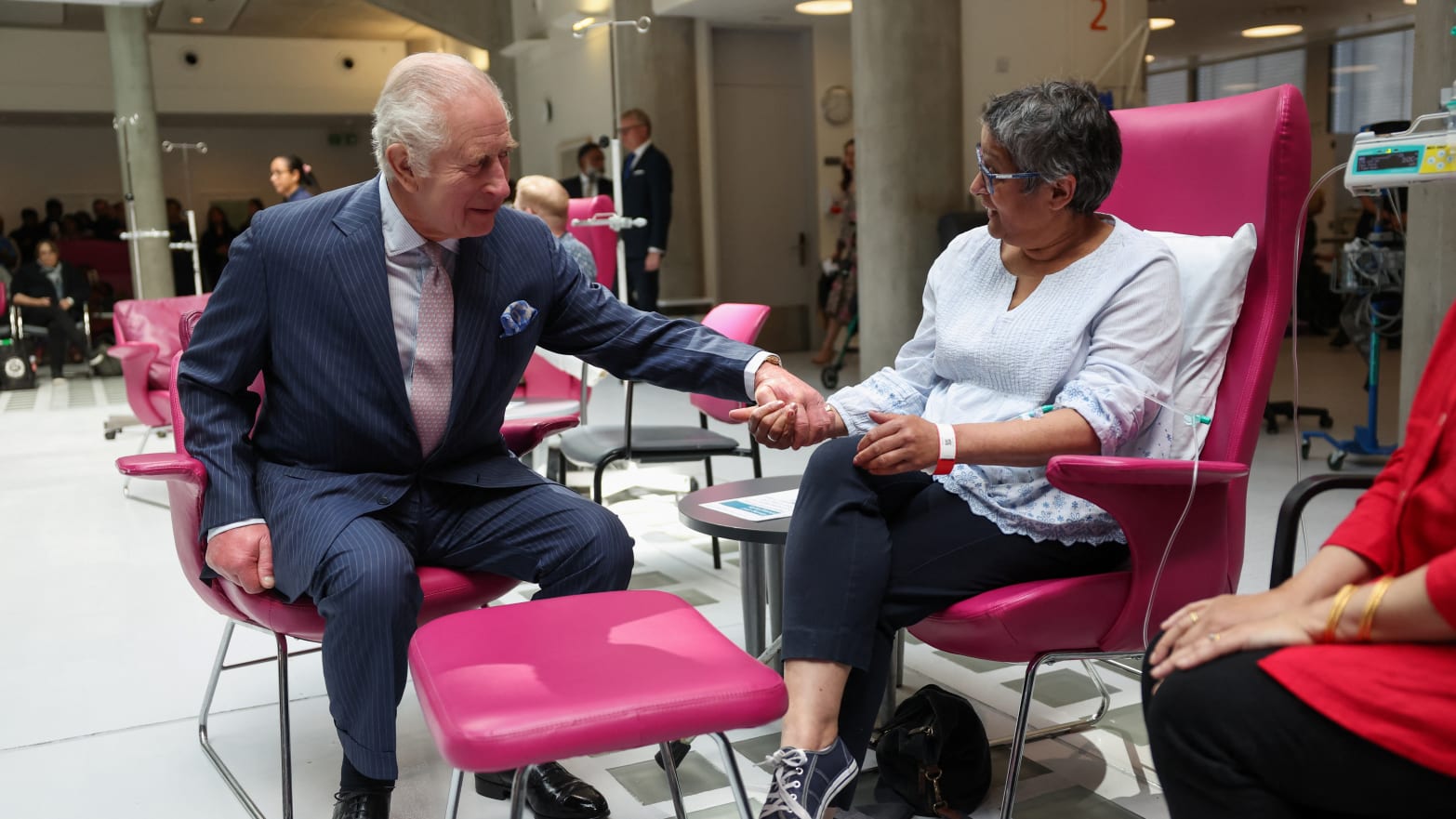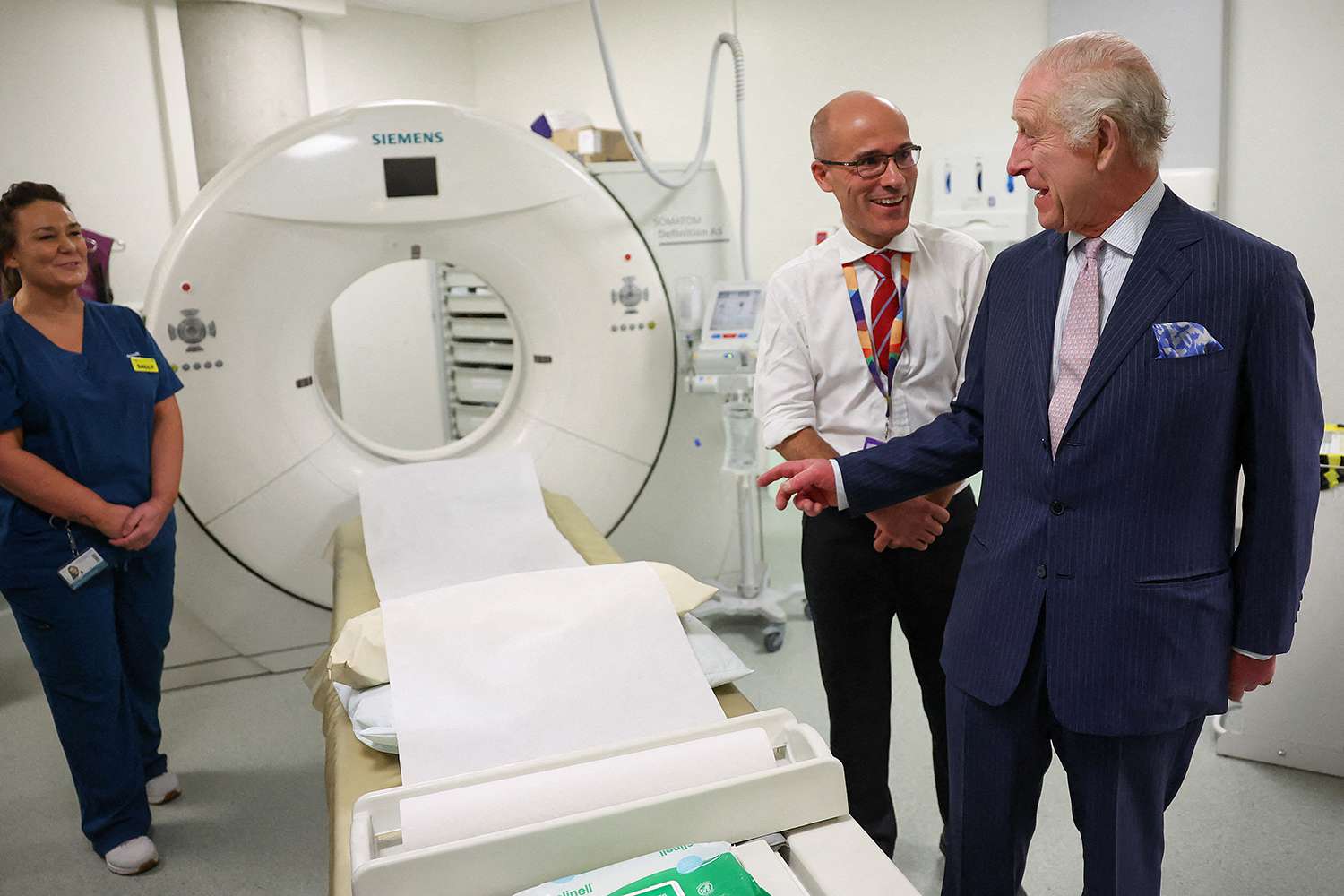King Charles III’s lunchtime snack choice is reportedly more luxurious than the average fare, highlighting a focus on health and nutrition amidst his ongoing battle with cancer.
According to a royal insider cited by *The Mail on Sunday*, the King has adopted a new dietary preference: half an avocado for lunch.
This change in eating habits comes as part of his efforts to sustain energy throughout his busy royal schedule, especially since he had previously been known to skip lunch altogether.

After receiving advice from medical professionals and nutritionists, King Charles has made significant adjustments to his diet. Experts recommended that he increase his food intake to support his health, particularly while managing his duties as monarch. Avocados, often referred to as a superfood, are rich in nutrients like magnesium, potassium, and essential omega-3 fatty acids, making them a wise choice for someone focusing on recovery and overall well-being.

Health magazines have highlighted avocados not only for their cancer-fighting properties but also for their potential benefits in preventing diabetes and heart disease. Studies cited by *Gloucestershire Live* indicate that certain extracts from avocados have demonstrated the ability to halt the growth of prostate cancer cells and even kill oral cancer cells, underscoring their potential role in cancer recovery.
Although King Charles has not fully overcome his health challenges, Buckingham Palace has expressed optimism regarding his recovery, noting that he has cautiously resumed some royal duties. His commitment to a healthier lifestyle extends beyond just incorporating superfoods into his diet; he has also significantly reduced his consumption of fish, meat, and dairy products.

In a 2021 interview with BBC’s *Big Interviews*, King Charles discussed his dietary choices in the context of environmental conservation, stating that he has avoided eating dairy, meat, and fish for two days a week for many years. He emphasized the importance of sustainable living and how reducing meat consumption can lessen environmental stress.
He highlighted the significance of meat quality and sourcing, advocating for grass-based farming practices that produce higher-quality meat while being less harmful to the environment compared to intensive industrial farming methods.
Overall, King Charles’s dietary changes reflect his commitment to both his health and the environment, showcasing a holistic approach to wellness during a challenging time.